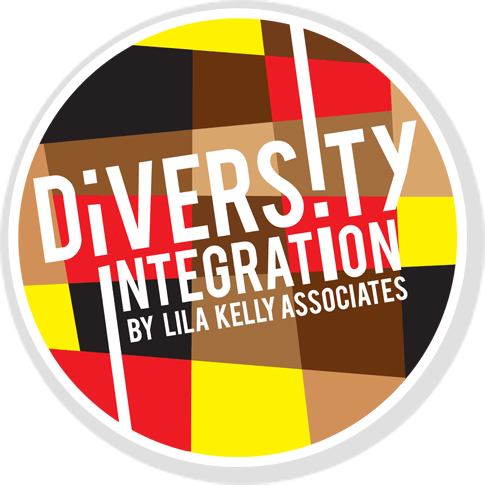
Although there is much more acceptance in the workplace and society now of LGBTQ people being themselves, it is still a controversial topic for many. Biases that have been deep seated for a long time do not just disappear overnight.
Whatever their beliefs and values are, employers should be prepared to deal with sexual orientation and identity in the hiring process and workplace. Many who were able to ignore it as an unpleasant topic in the past, now need to educate themselves and raise their comfort level and communication skills related to LGBTQ individuals.
How would you react if an applicant came out as gay during the interview?
As a hiring manager, HR professional or interviewer, perhaps you would rather not know about an applicant’s sexual orientation. Perhaps you have been confused about an applicant’s sexual identity. Perhaps you share the opinion of this hiring manager that a job interview is not a place to discuss this: “Why would an applicant want to mention that they are gay in an interview? It is not the appropriate place, and I do not need to know that. They should just keep it to themselves!”
However, can interviewers control what applicants choose to tell or ask them? Can interviewers put a sign stating this on their desks? “DO NOT DISCLOSE your sexual orientation during the interview. Thank You.” No, they cannot!
What if an applicant told you he was gay during the interview, or if something tipped you off that the applicant might be transgender? For example, this could happen when describing the work environment, while discussing benefits, or it could happen during the handshake, as in the following example.
Rick, an HR Director for a manufacturing company who is white, spoke of an interview situation that became uncomfortable when something unexpected happened: “You couldn’t tell from the name about the sex. The person came in and it turned out it was a transgender situation. I knew that once I shook this person’s hand, and I thought, ‘This is not a female’s handshake, there’s just no way.’ That one threw me for a loop. I was somewhat speechless. That’s really testing the boundaries, and I just don’t know what to say to that.”
So, why would an applicant want to mention it?
The following perspectives offer reasons why applicants would disclose that they are gay during an interview, which could fit for someone on the gender identity spectrum also.
“I have worked enough years to know that I am not going to go back into the workforce and be in the closet. I want to know if a company, right away, is supportive. Or I am not going to work there.” ― Ruth, a Graphic Designer who is lesbian
“I would need to disclose the fact that I am gay. Because I want to find out what the environment is like at that particular place for gay and lesbian employees.” ― John, a project manager who is gay
Here are some tips to help your organization have a positive impact on LGBTQ applicants, employees and communities.
- Work with all managers and staff involved in the hiring and recruitment process to:
- Raise awareness and be more open and willing to hire LGBTQ applicants
- Stay focused on the applicants’ qualifications for the job, not on their differences
- Think about circumstances in which the applicants’ diversity could benefit the organization
- Develop diversity-related statements, policies, and procedures that are inclusive of LGBTQ individuals. Educate interviewers on how they can address these in the interview when discussing the organization’s work environment.
It is a good practice to provide some information to all applicants about your organization’s diversity, equity and inclusion (DEI) values and initiatives, not just diverse applicants. John, a manager who is gay, pointed out, “There are a lot of people – even straight, white, heterosexual males – who would appreciate finding out about the company’s environment by hearing some about the diversity makeup and values there. It is important for all applicants to know where the company stands with this.”
This article includes excerpts from Lila Kelly’s research-based online training courses at DiversityIntegration.com. Our Main 3-Module Program includes sexual orientation and identity, racial/ethnic, disability, and size diversity. It covers cultural competencies, interview skills, and methods to identify unconscious bias and eliminate barriers for diverse applicants.
Copyright © 2023 Lila Kelly Associates, LLC. Not to be reprinted without written permission from Lila Kelly. Integrating Diversity into Hiring, Interviewing, Recruiting and Retention – Since 1992. To stay up to date on all the latest from Lila Kelly Associates and DiversityIntegration subscribe to our newsletter.
